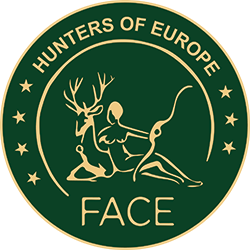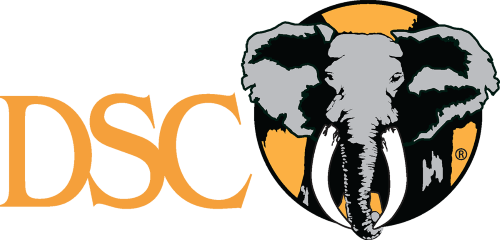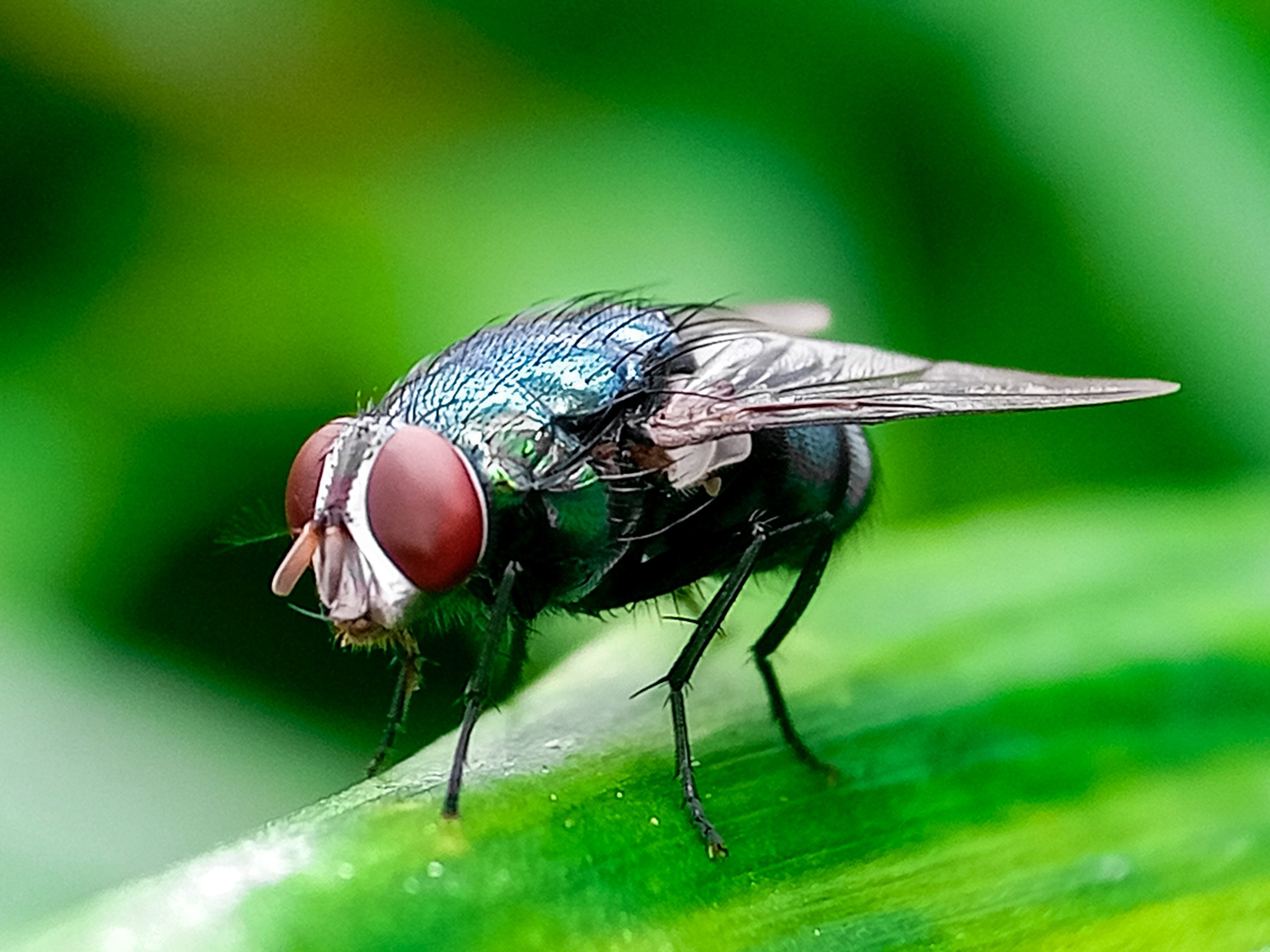DSC supports the efforts of our conservation partner FACE to educate the European Parliament on the consequences of a dangerous amendment.
PRESS RELEASE FROM FACE
A proposal to ban the trade and consumption of wildlife could have had far reaching consequences for hunting and nature conservation in Europe and globally.
On April 16, a majority of the Members of the European Parliament (MEPs) voted against a dangerous amendment to the motion for a resolution on an ‘EU coordinated action to combat the COVID-19 pandemic and its consequences’ (link).

The amendment (AM 79) put to the vote was presented by the European United Left/Nordic Green Left group:
Highlights that the trading and farming of wild animals amplifies risks for public health, combining critical factors for the occurrence of zoonosis; calls on the Commission and on the EU Member States to advocate a global ban on wildlife markets and on the use of wildlife in traditional medicine; urges the Commission to present legal proposals to ban the import, the trade and the keeping and consumption of wildlife in the EU, in order to reduce the risk of future zoonosis outbreaks
The result of the vote (see AM 79) sends a clear message to animal rights groups, which are attempting to exploit all means to restrict hunting and other sustainable use activities in Europe in light of COVID-19:
186 MEPs in favor, 53 abstentions, 449 against.
Yesterday, FACE contacted all MEPs on this amendment underlining, amongst other points, that:
- There are already existing strict harmonised rules in the EU such as the EU animal health and food safety regulations and the animal by-products regulations that set high standards on public health with regard to trade in wild animals both within the EU and animal products being imported from third countries into the EU, combining critical factors for the occurrence of zoonosis.
- Wildlife trade is already well-regulated in the EU.
- Wildlife trafficking is already recognised as a priority under the EU, which led to more resources devoted to it at the EU and Member State levels. The EU has an action plan against Wildlife Trafficking.
- Banning the consumption of wildlife in the EU would have far reaching consequences for nature conservation in the EU and globally and would negatively affect activities such as hunting and fishing, which are well-regulated a national level.
MEP Marco Dreosto, Vice President of the “Biodiversity, Hunting, Countryside” Intergroup, was one of the first MEPs to raise attention to this amendment. The European People’s Party (EPP), Identity and Democracy (ID) and the European Conservatives and Reformists (ECR) groups voted against.
FACE and its Members expect to see more attempts in Brussels and at national level to restrict hunting and other sustainable use activities and will continue to monitor political initiatives at different levels on COVID-19.



